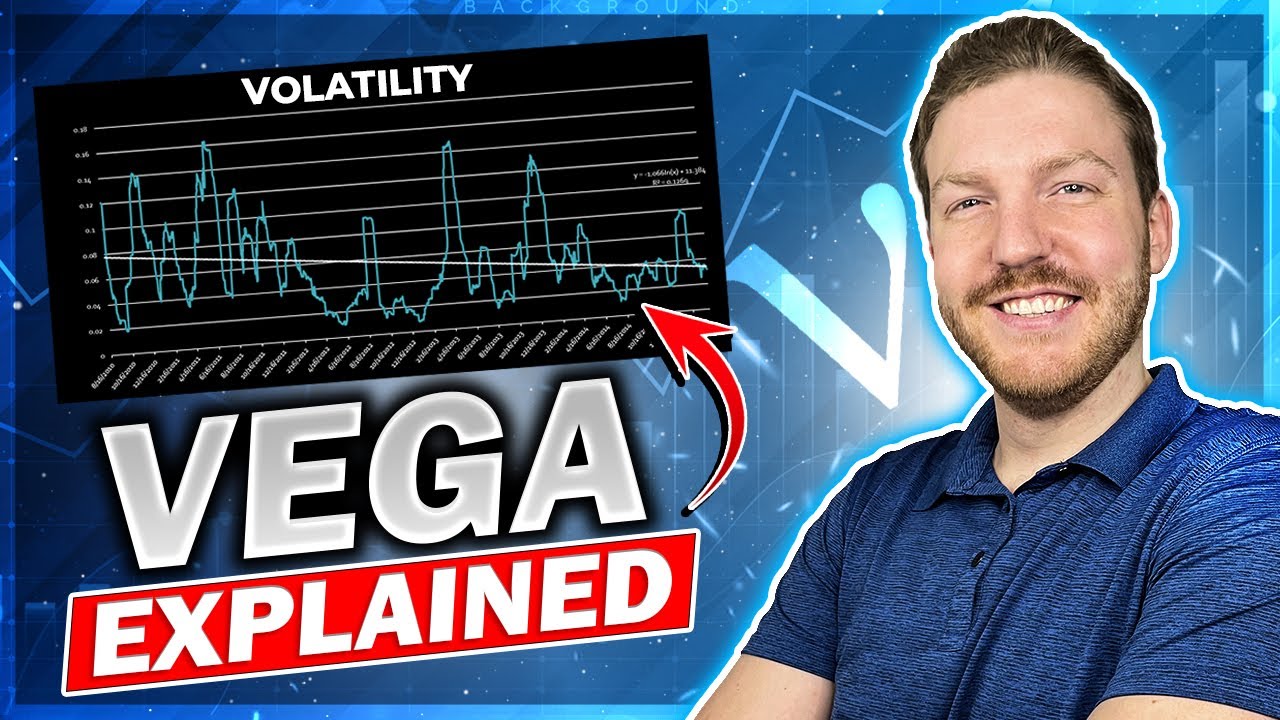Been trading options for a few months and keep hearing about vega but never paid attention to it.
I focus mostly on delta and time decay but wonder if I’m missing something important. Some trades went wrong even when I got the direction right.
Do you track vega when planning trades? It seems like more complexity but maybe it matters more than I think.
Lost $340 last month ignoring vega on TSLA calls before earnings announcement.
Vega affects options significantly during earnings and news. You can lose 20-40% from volatility crush. Always check IV rank first. A rank over 50 indicates high premium costs.
Vega destroyed more profitable setups than I want to remember when I started ignoring it. You can nail direction perfectly but still lose money if implied volatility tanks after entry. Track it especially before earnings or major events. I learned this the hard way - bought calls before earnings, stock moved up exactly as predicted, but volatility crush killed my gains overnight. Now I always check if IV’s high or low versus historical levels before entering. When volatility’s pumped up, I sell options instead of buying them. This simple shift boosted my win rate significantly.
Don’t overcomplicate it - just know when you’re fighting volatility versus having it work for you.
My biggest mistake was buying expensive options right before Apple earnings two years ago.
Stock moved exactly where I predicted but vega crushed my position by 60%. That $280 loss taught me to always sell high IV options instead of buying them.
Now I check volatility rank first thing. If it’s above 70, I’m selling not buying.
Trades can suffer due to volatility shifts, even if the direction is right. Vega impacts longer-dated options more than weeklies, which have less sensitivity to volatility swings.
As expiration approaches, vega’s influence diminishes and theta becomes more significant.
Always take a look at the volatility context. High volatility can make buying options too costly, while low volatility might not justify selling them.
